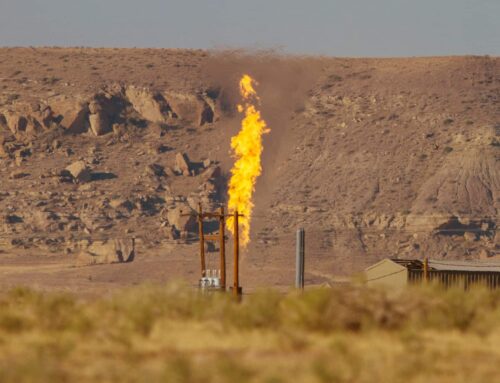Washington lawmakers and lobbyists for the nuclear power industry have teamed up behind closed doors to all but guarantee that a controversial liability law worth billions to the nuclear power industry will be passed by the House of Representatives this week with little or no debate.
The law, known as the Price-Anderson Act, will be considered under the “suspension of the rules,” a Congressional procedure that allows for quick voice votes without any amendments, and is usually reserved for non-controversial bills like renaming post office and federal buildings. There is nothing more controversial than limiting liability protection for a politically powerful industry at the expense of taxpayers.
Liability limits reduce the nuclear industry’s cost of fully insuring against the risk of an accident. Most other industries insure against potential liabilities and risk loss of assets if the insurance is inadequate. By eliminating the cost of insurance and eliminating some investment risk for the industry, the Price-Anderson Act gives nuclear power an unfair advantage over other sectors of the energy industry.
The Price-Anderson Act limits the nuclear industry’s liability at $9.43 billion. According to independent estimates, the value of the federal liability protection ranges from $355 million to $3.4 billion. The liability cap would pay only pennies on the dollar if an accident occurred. The cost to clean up after the Chernobyl disaster was more than $300 billion and a 1982 Sandia National Laboratory study estimated an accident in the U.S. would exceed $110 billion.
The nuclear power industry doesn’t pay their fair share for insurance, but they are willing to pay a huge chunk of change to Washington politicians to line their campaign coffers. According to the Center for Responsive Politics, the nuclear power industry spent more than $13.8 million in 2000 in political contributions.
The industry argues that the law doesn’t cost taxpayers a dime and that — God forbid if an accident ever happened — taxpayers wouldn’t have to pay for anything. Come on! Who are they kidding! The bottom line is that the industry knows all too well that if and when there is ever an accident on American soil, the federal government will ante up whatever it takes to deal with such a major calamity as we have in the past.
What was intended to be a temporary solution forty-four years ago has now become a permanent crutch for the industry. Price-Anderson was supposed to be a ten-year program to get a fledgling industry off the ground. Just like many other special deals in Washington this one never ended. Washington lawmakers should level the playing field and put an end to this nuclear power play. Congress should not reauthorize the Price-Anderson Act.










